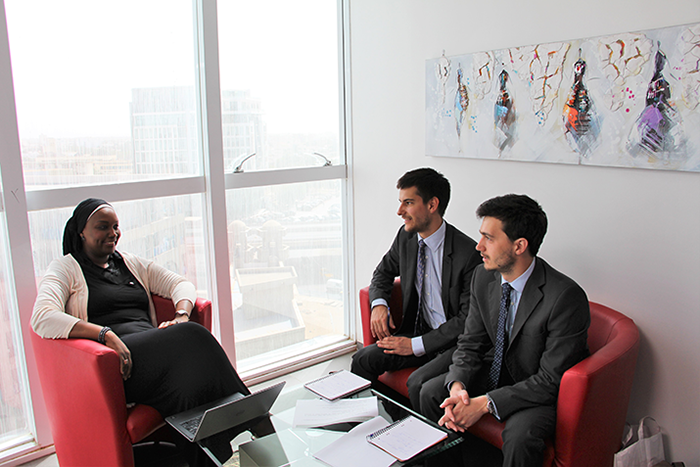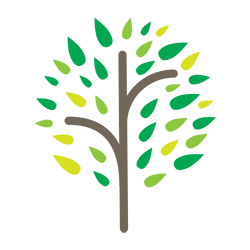With crowdlending, iroko project is supporting the smes of west africa
Gilles Lecerf and Paul Knoery, two young Sustainability and Social Innovation graduates propose an innovative solution of crowdfunding.

Gilles Lecerf, co-founder of Iroko Project, answers 5 questions about the platform
Who are you?
Paul and I are both students from the HEC Grande Ecole program, graduated in 2016. During our respective gap years, we had the opportunity to take part in personal projects and different internships in Sub-Saharan Africa, Asia and the Middle East.
We share the same passion for geopolitics and economic development issues. We started Iroko Project in our final year as part of our specialization in Sustainability and Social Innovation (SASI).
How does The Iroko Project work?
The Iroko Project is a crowdlending platform bringing together individual investors with West African SMEs.
Our goal is to enable West African SMEs to borrow money directly from individuals, in amounts between 10 000 and 150 000 euros.
How did this crowdfunding project come about?

During my gap year, I created Arab Generations, a society with the aim of supporting organisations who promote youth employment in the Middle East. This project was especially a chance to discover the important role of SMEs in creating jobs, particularly for young people. Although the network of SMEs often tends to be, unfortunately, a very complicated, multi-layered structure in Middle Eastern countries. This is also the case in other developing regions, notably in West Africa: in reality this cross-border issue concerns a very diverse group of countries.
After my gap year, I submitted a support project to the SMEs of developing countries as part of the SASI (Sustainability and Social Innovation) specialization and that’s when our work with Paul began.
Our aim was to find an efficient plan of action to support SME development and at the same time stimulate job creation. The financing approach (and the famous missing middle principle, higher than the amounts achievable through microfinance, and lower than the possible limits of bank loans) quickly seemed the most appropriate to us.
Therefore we decided to look into the possible solution of crowdlending through capital raised in West Africa. This region offers many advantages: relative political stability, similar legal system to France, currency fixed to the euro and regional integration.
In April-May of 2016, we studied the feasibility of this in Senegal and in Ivory Coast in order to put together a business model and to present it to local providers of finance to SMEs. This study also provided the opportunity to form different strategic partnerships with financial institutions, guarantee funds, supporting agencies and governments.
What are the next steps for The Iroko Project?
Following this study, we teamed up with the Cofina incubator, a pan-African bank specialising in the financing of SMEs and headed up by banks former directors including Jean-Luc Konan, in order to roll out our activity in Senegal from next October.
We are currently in the middle of raising funds from French and West African investors in order to put in place the pilot phase of our project and support the growth of our ventures in Senegal as well as in Ivory Coast.
What is your opinion of crowdlending, and what role will it play in developing countries?
In developing countries, where banks have very few services for SMEs, the community mechanism of crowd lending offers a new opportunity. Setting up alternative financing for SMEs is becoming a bigger priority for numerous West African governments (Senegal and Ivory Coast in particular).
Crowdlending also echoes traditional styles of financing (like “tontine”), which will truly help it to be accepted by individuals, local residents and diaspora groups.
Nonetheless, to ensure that crowdlending continues to develop, we believe that it is important to preserve the direct nature of the relationship between the SMEs and lenders.
To guarantee that this type of financing works well, individuals must maintain control of the decision-making process and not delegate the selection of projects to an intermediary (such as a platform).
Get the latest updates on The Iroko Project on iroko-project.com, Facebook and Twitter.
Learn more about the program